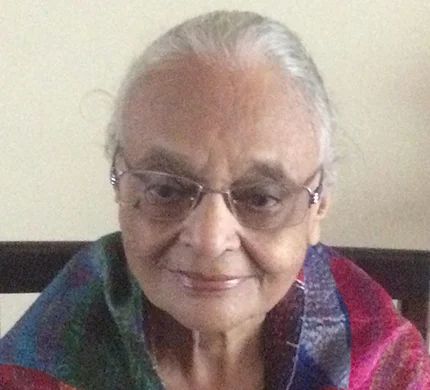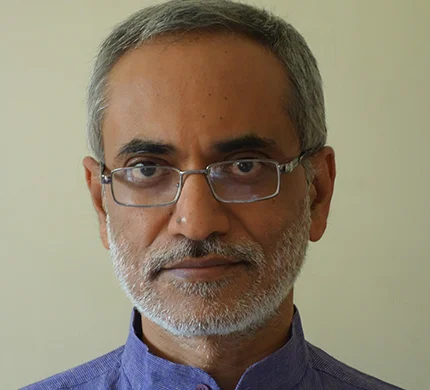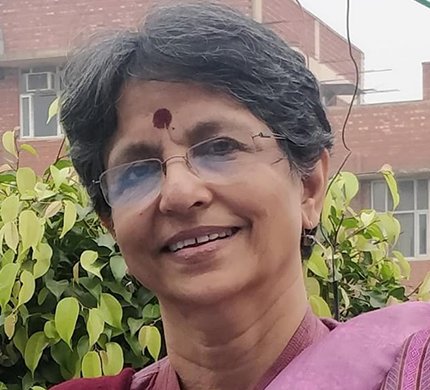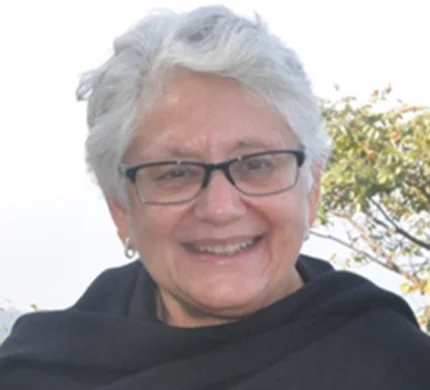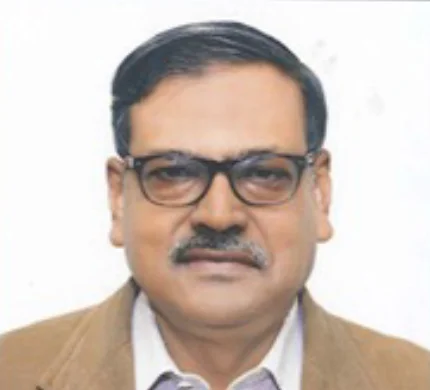PRIVACY POLICY
We at IIHS, respect the privacy of those who visit our web site or access our online resources. In accordance with this, we have created this Privacy Policy in order to demonstrate our privacy commitment to our users:
What this Privacy Policy Covers
This Privacy Policy covers our treatment of personally identifiable information that we collect when you are on our website, and when you use or access our online resources. This policy also covers our treatment of any personally identifiable information that third parties share with us.
This policy does not apply to the any organisations that we do not own or control, or to people that we do not employ or manage.
Information Collection and Use
When you visit the IIHS site, the following information may be collected from you, either voluntarily or involuntarily: your computer or network’s IP address, which must be validated in order for you to access the IIHS web site; your e-mail address and message when you communicate electronically with us; information about your browser and operating system, date and time of access and the internet address and page which linked you to our site.
Information about your visit is gathered in an aggregate manner for quality control, improvement of our site, security and to generate aggregate statistical reports that analyse general user information and demographics.
Your information is kept confidential, unaltered and used only by IIHS. IIHS does not disclose or sell any personally identifiable information collected at this site to other companies or organizations.
IIHS also reserves the right to disclose this information under special circumstances, including disclosures required by law, court order or circumstances under which disclosure, in the sole discretion of IIHS, is necessary to protect the legal rights, including the intellectual property rights, of IIHS.
Information Sharing and Disclosure
We will not sell or rent your personally identifiable information to anyone.
We may share information with governmental agencies or other companies assisting us in fraud prevention or investigation. We may do so when:
(1) permitted or required by law; or,
(2) trying to protect against or prevent actual or potential fraud or unauthorised transactions; or,
(3) investigating fraud which has already taken place. The information is not provided to these companies for marketing purposes.
Data Security:
Your personally identifiable information is kept secure. Only our authorised employees, agents and contractors (who have agreed to keep information secure and confidential) have access to this information. All emails and newsletters from this site allow you to opt out of further mailings.
Changes to this Privacy Policy
The Privacy Policy is subject to modification from time to time. If we decide to change our Privacy Policy, we will post those changes here so that you will always know what information we gather, how we might use that information and whether we will disclose it to anyone. Any significant changes to our privacy policy will be announced on our home page. If you do not agree with the changes in our Policy, you can simply discontinue to visit our website.
Contact Us
If you have any questions about this Privacy Policy, please email: info at iihs.co.in

